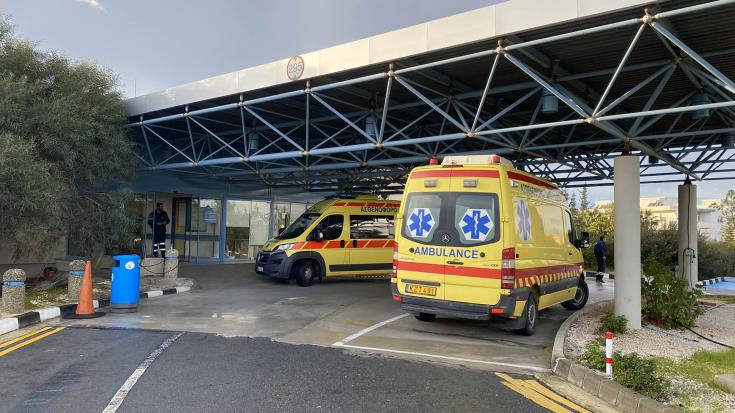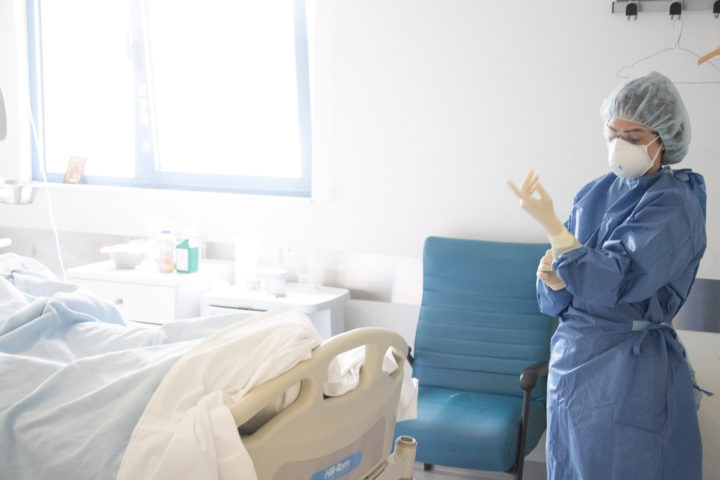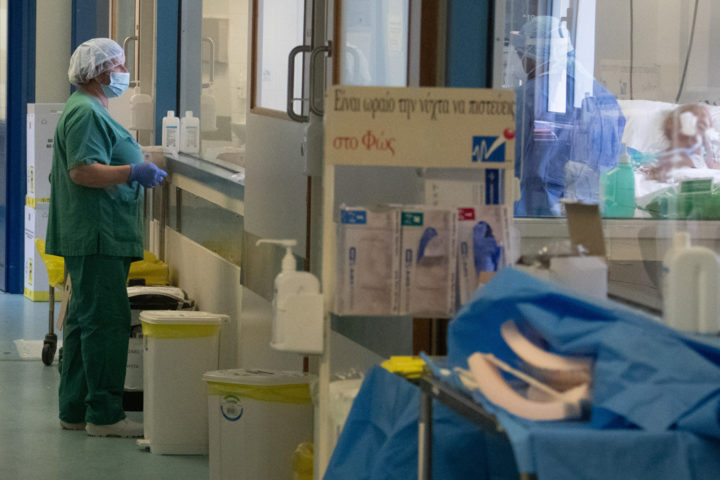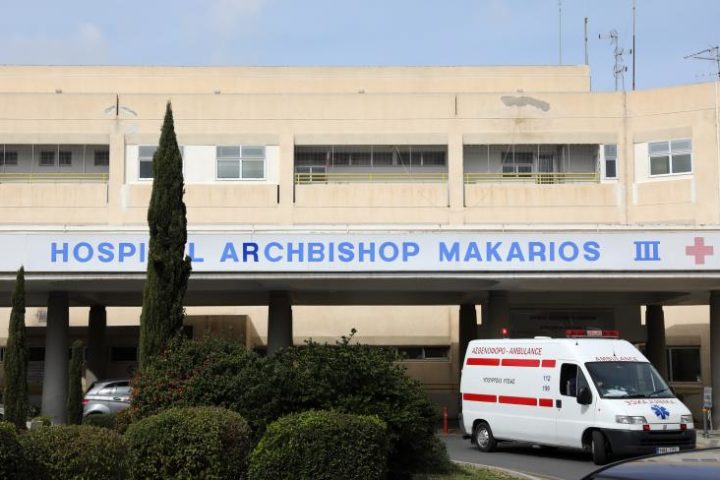A four-year-old girl infected with Streptococcus A is intubated and being treated in a serious condition at the Makarios children’s hospital in Nicosia, the Cyprus health ministry said.
In comments to state radio CyBC, UCY assistant professor of Paediatrics and Infectious Diseases Dr Maria Koliou said that doctors are doing all they can to nurse the child back to health, while confirming that an infectious disease specialist and paediatric intensivist has been called in from Israel.
Dr Koliou advised parents to have their children vaccinated for the seasonal flu as a preventive measure for Strep A.
As she explained, influenza makes it easier for Strep A bacteria and seasonal viruses to infiltrate the body.
“So far, we estimate that 15% to 20% of children have been vaccinated against the seasonal flu this year,” said Koliou.
In a communication with the Financial Mirror, the health ministry’s spokesperson Konstantinos Athanasiou noted that this is not the first Strep A case in Cyprus, “but it is the first case of a child needing hospitalisation from it”.
On alert
Cyprus health authorities have been on the alert since recent child deaths in the UK and Europe from Streptococcus type A infections.
Group A strep bacteria can cause many infections, ranging from minor illnesses to deadly diseases, but serious complications and deaths are rare.
Despite the rarity of deaths, the UK has reported 19 deaths of children under the age of 15 since September.
Group A Streptococcus (GAS) is a common bacterium that many people carry in their throats and skin without ever exhibiting symptoms of infection (healthy carriers).
However, this particular pathogenic bacterium can, in some cases, cause mild or even more serious infections such as tonsillitis, pharyngitis, scarlet fever and infectious wax.
Serious infections associated with strep are caused by invasive group A strep (iGAS).
Strep infection is most common in children ages 5 to 15, although it can occur in younger children and adults.
The Health Ministry urged the public to contact a doctor if their child exhibits symptoms which do not improve.
These symptoms include loss of appetite, signs of dehydration, babies under three months old running a temperature of 38℃ and babies older than three months with a temperature of 39℃ or higher.










